What’s one way 401k plan sponsors can ensure they establish a due diligence framework that can best reduce their fiduciary liability?
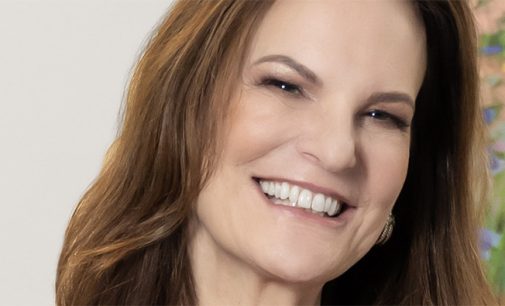
I do not underestimate the ability of the plaintiff’s bar to come up with novel and clever arguments, but for the reasons set forth in the white paper I do not believe that they can construct a viable theory.

In a strange twist of fate, it appears the newsweekly publication business model was closer to retirement in 2009 than the 401k.
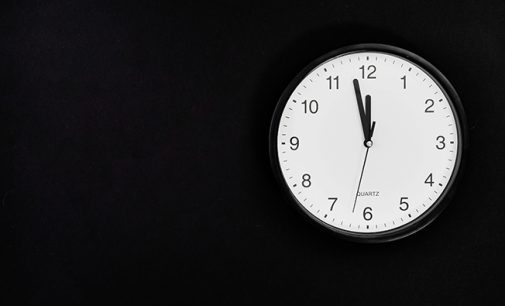
Making matters worse is the changing regulatory environment once the new SECURE Act 2.0 rules become effective. The good news is the dust settles after that.
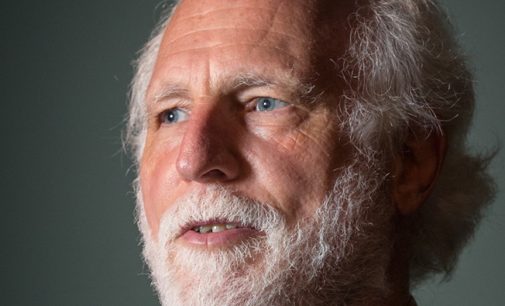
Honestly, I think most 401k plans are off-the-shelf items bought from the large asset management companies, purchased by executives who want to get rid of the vexing chore of setting up a retirement plan that benefits the employees.

Here the intent is to make it possible for a plan/IRA to apply the QDIA safe harbor to involuntary rollovers. But how will this impact plan participants?

The tangled web of ERISA regulations grows worse each year. Is this too much for companies responsible for maintaining 401k plans?

It’s tempting to turn your attention to your company, some academic theory, or even—hush!—“best practices.” The truth is, as a fiduciary, you only have one job.

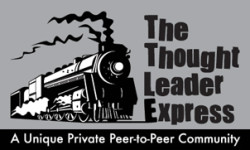






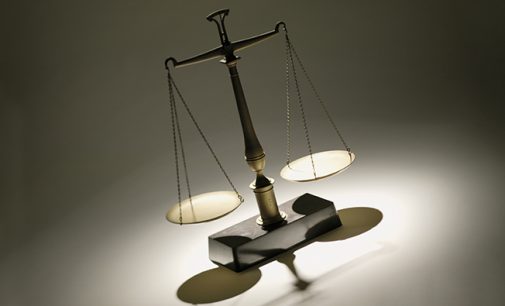
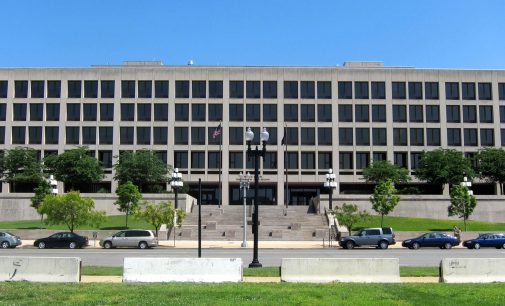
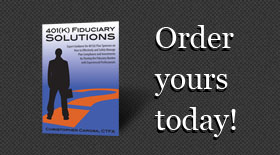

Summary of 2024: Navigating the Evolved Fiduciary Landscape for Retirement Plan Fiduciaries
2024 was a year of adaptation for retirement plan fiduciaries who navigated through regulatory changes, legal landscapes, and participant needs with a renewed focus on governance, liability management, and the holistic management of retirement plans.